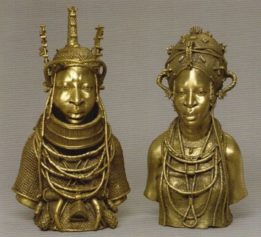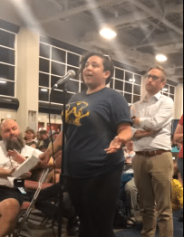Civil unrest continues to divide the French and English speakers in the African nation of Cameroon as Anglophones protest new laws that seek to fundamentally change their way of life.
The demonstrations, which began on Nov. 17, came to a head Dec. 1, when English-speaking teachers and lawyers went on strike to protest new laws that would require them to learn French. They also seek equal rights and access to power, as well as an increased use of English in the country, whose constitution lists both French and English as official languages.
No English speaker has held an important position, such as minister of defense, finance or territorial administration, in Cameroon’s nearly 60-year history as an independent country, according to Voice of America News. Also, many official documents are written only in French, and some government officials give speeches in French, even in English-speaking areas.
Though the protests reportedly started peacefully in November, the nation’s security forces have since met protesters with violence in street clashes and skirmishes, resulting in four deaths, VOA reported.
The conflict’s origins can be traced back to shortly after World War I. Cameroon was colonized by the Germans in the 19th century, but France and Britain forced the Germans out in 1916. Three years later, Cameroon was divided into French- and English-speaking zones under the London Declaration. Since that redrawing of the national map, there have been eight French-speaking zones and only two English-speaking ones.
This latest Atlanta Black Star original investigates the root causes to the ongoing fight over language in the African nation.


